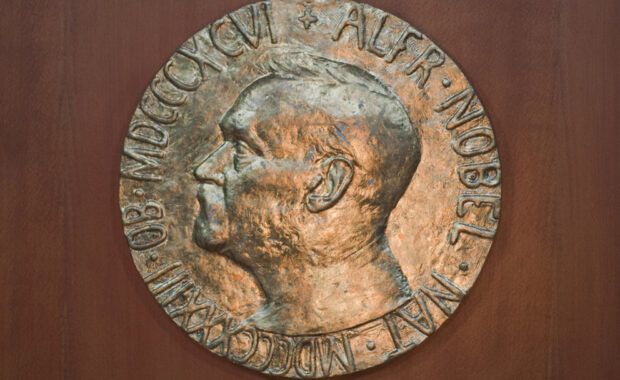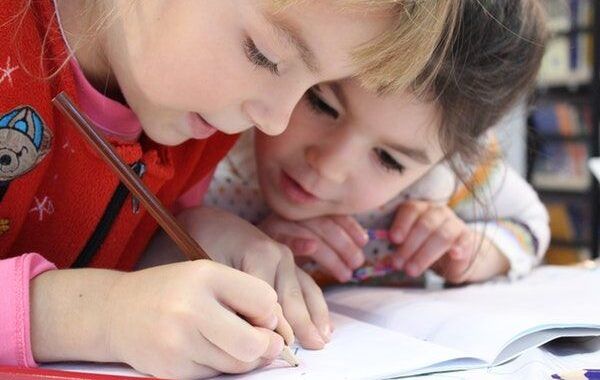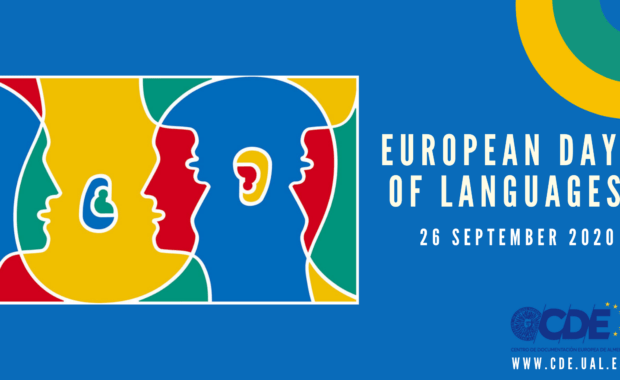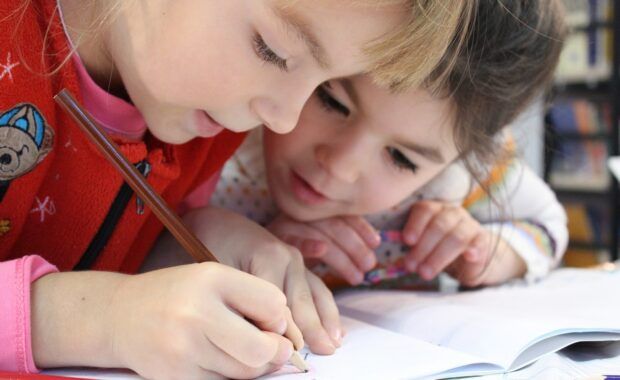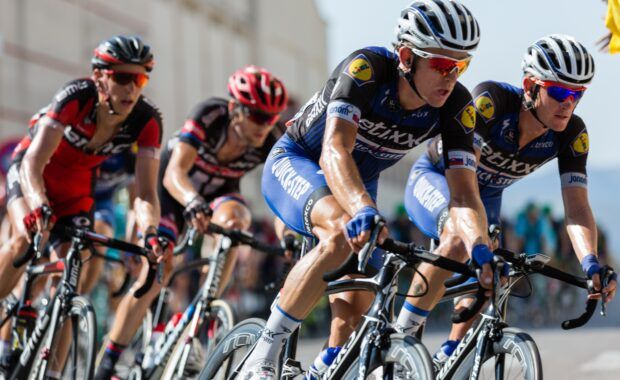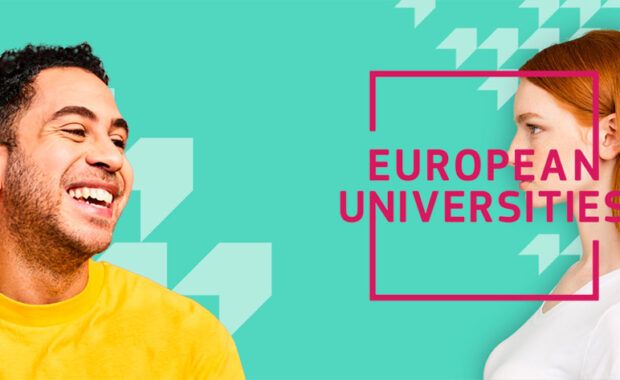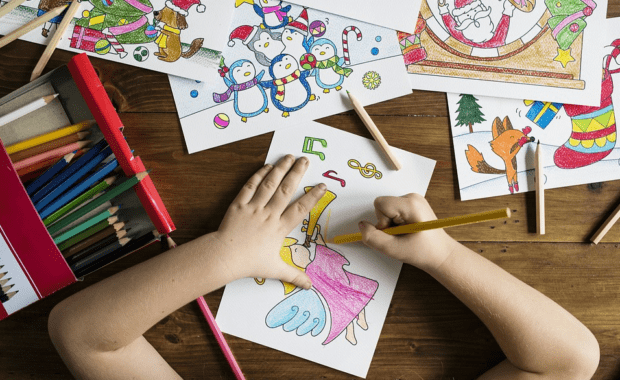Meet the 2021 Nobel Prize Laureates We look back at the Nobel Prize winners in 2020. In this 2020 edition, we have four Europeans among the laureates: the British Roger Penrose and the German Reinhard Genzel in Physics; the French Emmanuelle Charpentier in Chemistry; and the British Michael Houghton in Medicine. The European presence among the […]
Read MoreEuropean Education Area for the digital age
The Commission adopted two initiatives that will strengthen the contribution of education and training to the EU’s recovery from the coronavirus crisis, and help build a green and digital Europe. Setting out a vision of the European Education Area to be achieved by 2025, the Commission proposes new initiatives, more investment and stronger cooperation of Member […]
Read MoreEuropean Day of Languages 2020
September 26 is the European Day of Languages and we want you to celebrate it with us. The European Union, through the Common European Framework of Reference for Languages (CEFR), declares the importance for European students to learn two foreign languages in addition to their mother tongue during their education. If you want to learn […]
Read More14 pupils per teacher in EU primary education schools
During the year 2018, there was an average of 14 students per teacher in Primary Education in EU countries. In 2018, at primary education level, there were 24.5 million pupils and 1.8 million teachers in the EU Member States. Generally speaking, pupils enter primary school programmes (classified as ISCED level 1) between the ages of 5 and 7. These programmes […]
Read MoreBack to school: teach and connect with your students through play
EU countries are preparing the return to class of all their students with restrictive measures and with the threat of Covid-19 breakouts. Learning corner If you’re a primary or secondary school pupil, this is where you’ll find games, competitions and activity books to help you discover the EU in a fun way, in the classroom or at home. You can also […]
Read MoreGalileo satellite improves performance and safety during summer activities
As Europe emerges from lockdown, people are eager to engage in summer activities and sport. With Galileo as your training partner, you can improve your performance and get the most from all of these activities. What’s more, in the unlikely event that you have an accident while engaging in your chosen activity, Galileo will ensure […]
Read MoreEuropean Universities Erasmus+: supporting pilot with an additional 34 million from Horizon 2020
The European Commission announced on the 24 of July that the first 17 alliances of universities selected under the Erasmus+ programme will each receive a complementary EUR 2 million support from Horizon 2020. With this support, the European Universities will explore further integration and transformation in their research and innovation missions. European Universities are transnational […]
Read MoreUNESCO Global Education Monitoring Report on Inclusion and Education
The 2020 Global Education Monitoring (GEM) Report from the United Nations Educational, Scientific and Cultural Organization (UNESCO) launched online on 23 June. Titled ‘Inclusion and education: All means all’, the report is inspired by the 2015 Incheon Declaration and is a measure of progress towards Sustainable Development Goal 4 (SDG 4). These both call on countries to ‘ensure an inclusive and equitable quality […]
Read More24 new European Universities reinforce the European Education Area
European Universities are “a key building block for the European Education Area”. The European Universities are transnational alliances of higher education institutions from across the European Union (EU) that come together to equip their students, staff and researchers with the skills they need to navigate the twin green and digital transition of our society. […]
Read More
